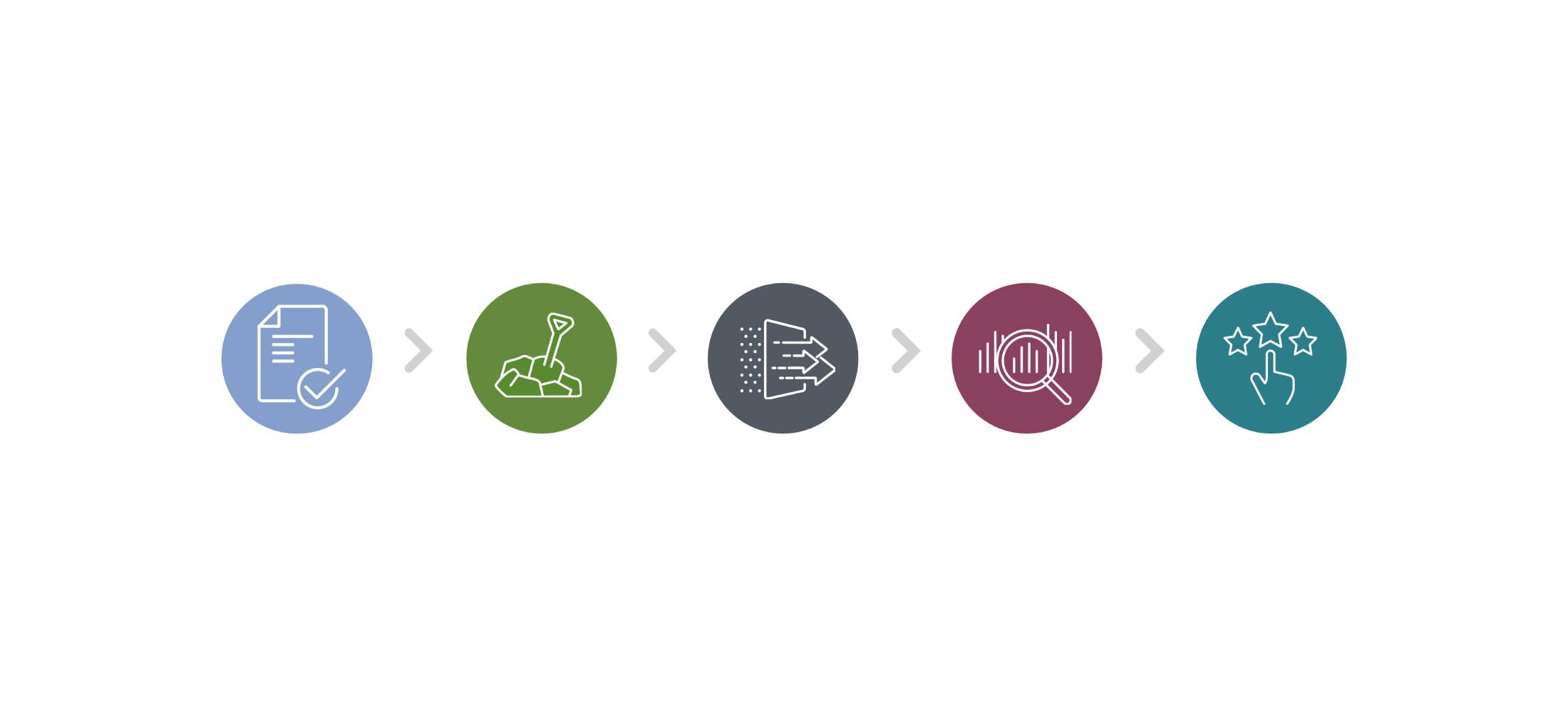
As the research librarian for Marzano Research, I monitor the latest news and research on topics that are important to our stakeholders and staff. As you might imagine, the ramifications of COVID-19—and potential solutions to the problems the pandemic have created—have been a major theme across all areas of education in recent months.
This holds true in school improvement. Hot topics in this arena currently include learning loss, social-emotional learning (SEL), and trauma management in relation to students’ return to school. Bedrock topics such as student outcomes and achievement, meanwhile, are being approached through the lens of learning disruptions that have occurred through the spring and fall. This topical review, and the happenings described below, paints a picture of a field in which educators are working to adapt and find solutions to address pandemic-related needs while striving to embrace trauma-informed teaching (TIT).
The common theme throughout all threads of school improvement is the need to both properly assess and combat learning loss at all grade levels as distance education has been the norm nationwide throughout most of 2020. As the education community pulls together to battle this worrisome trend, educators and education leaders from all walks of life are banding together to fight and produce valuable resources to lead the charge.
The Front Lines: Learning Loss and Achievement Gaps in the Classroom
As COVID-19 measures disrupt assessment and teaching norms, educators and researchers are taking action to address student learning loss and achievement gaps. For example, in Missouri, educators at the Department of Elementary and Secondary Education have assembled the Task Force for Learning Acceleration to address pandemic-related learning loss. With a focus on identifying learning gaps, addressing personal trauma, and accelerating learning, they have provided resources and training that will guide educators throughout the school year in ways that are flexible and forgiving for all involved. Further, on the research front, Eric A. Hanushek and Ludger Woessmann address the long-term impact of COVID-related learning loss on students and their economic future in The Economic Impacts of Learning Losses.
Command and Control: Social-Emotional Learning, Student Engagement, Trauma-Informed Teaching
While learning loss and achievement gaps have dominated the discourse in a school year challenged by COVID-19, SEL, student engagement, and trauma-informed teaching are topics with legs, and ones where real work is being accomplished. Currently, student engagement is an emphasis for Nebraska. Education leaders there are addressing chronic absenteeism and truancy by adapting and creating policies that meet the needs of the community and schools with a focus on engagement and connection.
Meanwhile, in Aurora, Colorado, teachers were given eight days of special SEL training with a focus on creating relationships and connections with their students in a virtual environment. The strategic start to the school year also allowed for students and staff to work out the technical kinks of the virtual classroom and get comfortable with the virtual environment before active learning begins.
Finally, a valuable overall resource on trauma-informed teaching has emerged during this trying time. A Trauma-Informed Approach to Teaching Through Coronavirus from Teaching Tolerance covers elements of TIT, such as creating a sense of safety, creating connections, and encouraging hope.
The above resources demonstrate that educators and students will continue to make system adjustments to ongoing changes brought on by COVID in a variety of challenging and evolving learning environments. Given this, there is little doubt that we will continue to see innovative approaches to SEL and trauma-informed education as the system attempts to address and prevent learning loss. By stockpiling our collective arsenal with potent and adaptable resources, we’re putting ourselves in as good a position as possible to combat the enemy of learning loss we’re all facing for the foreseeable future.



